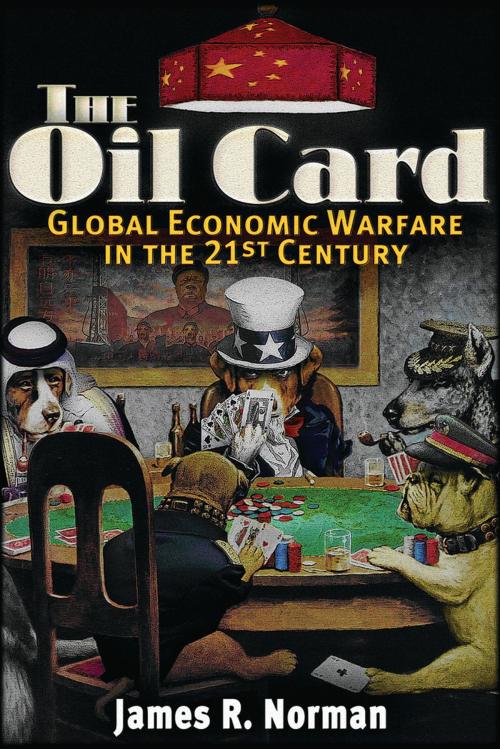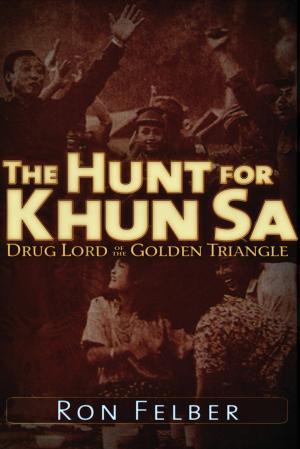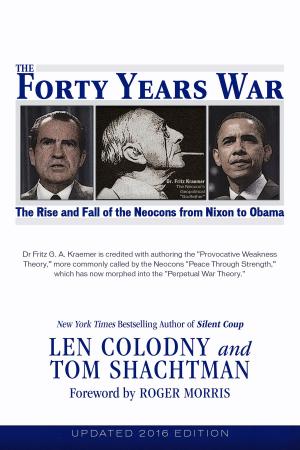The Oil Card
Global Economic Warfare in the 21st Century
Nonfiction, Social & Cultural Studies, Political Science, Politics, Economic Conditions, Business & Finance, Industries & Professions, Industries| Author: | James R. Norman | ISBN: | 9780984185863 |
| Publisher: | Trine Day | Publication: | July 22, 2008 |
| Imprint: | Trine Day | Language: | English |
| Author: | James R. Norman |
| ISBN: | 9780984185863 |
| Publisher: | Trine Day |
| Publication: | July 22, 2008 |
| Imprint: | Trine Day |
| Language: | English |
Challenging the conventional wisdom surrounding high oil prices, this compelling argument sheds an entirely new light on free-market industry fundamentals. By deciphering past, present, and future geopolitical events, it makes the case that oil pricing and availability have a long history of being employed as economic weapons by the United States. Despite ample world supplies and reserves, high prices are now being used to try to rein in China—a reverse of the low-price strategy used in the 1980s to deprive the Soviets of hard currency. Far from conspiracy theory, the debate notes how the U.S. has previously used the oil majors, the Saudis, and market intervention to move markets—and shows how this is happening again. This compact and unorthodox analysis will appeal to a broad audience—from energy consumers puzzled by intractably high oil prices to producers wondering how long windfall prices can defy gravity.
Challenging the conventional wisdom surrounding high oil prices, this compelling argument sheds an entirely new light on free-market industry fundamentals. By deciphering past, present, and future geopolitical events, it makes the case that oil pricing and availability have a long history of being employed as economic weapons by the United States. Despite ample world supplies and reserves, high prices are now being used to try to rein in China—a reverse of the low-price strategy used in the 1980s to deprive the Soviets of hard currency. Far from conspiracy theory, the debate notes how the U.S. has previously used the oil majors, the Saudis, and market intervention to move markets—and shows how this is happening again. This compact and unorthodox analysis will appeal to a broad audience—from energy consumers puzzled by intractably high oil prices to producers wondering how long windfall prices can defy gravity.















